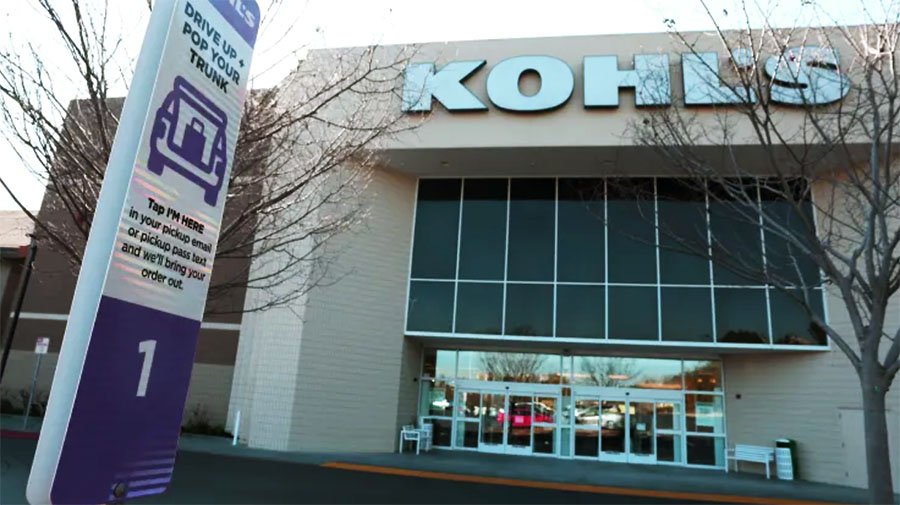Moody’s Investors Service downgraded the debt ratings on Kohl’s due to an erosion of its market position and the deterioration in credit metrics to levels not reflective of an investment grade rating.
The ratings agency added that governance considerations are also reflected most notably Kohl’s completion of $658 million of share repurchases year to date, including a $500 million accelerated share repurchase program in November despite the weakness in operating performance, senior management turnover and negative free cash flow over the past twelve months.
Moody’s added that although Kohl’s operating performance is poised to improve from its inventory realignment, continued Sephora rollout as well as lower freight costs, the company faces a weakening economic environment, which is dampening demand as it works to return profitability to historical levels. As such, Moody’s expects its recovery in credit metrics will be prolonged.
Ratings lowered include Kohl’s senior unsecured rating to Ba2 from Baa2. At the same time, Moody’s assigned Kohl’s a Ba1 corporate family rating (CFR), Ba1-PD probability of default rating (PDR) and an SGL-2 speculative grade liquidity rating (SGL). The outlook is stable.
The SGL-2 reflects Moody’s view that Kohl’s has good liquidity. With profitability and fresh cash flow generation expected to improve over the next twelve months, Kohl’s reliance on its revolver is expected to decrease and cash balances rebuild toward historical levels.
Moody’s said in its analysis, “Kohl’s Ba1 CFR reflects its significant market position and scale with approximately $18.6 billion of revenues and its long-term track record of innovative merchandising which includes a high level of private label and exclusive merchandise. The credit profile also reflects Moody’s view that Kohl’s valued oriented offering and off-mall format positions the company well to compete effectively even during more challenging economic conditions. Nonetheless, the company has had to navigate elevated inventories and rising costs as its consumer’s ability to spend on discretionary items are pressured. Although the company remains committed to a clear leverage target of 2.5x (per the company’s definition), Moody’s debt/EBITDA is expected to exceed 4x at the end 2022 up from 2.4x at the end of fiscal 2021. Contributing to the company’s weakness in credit metrics was the completion of $1.2 billion of share repurchases over the last twelve months including a $500 million accelerated share repurchase program in November 2022 despite having negative free cash flow over the same time period. Kohl’s has stated it will not pursue share repurchases in 2023. Reduced product costs and improved inventory management supports margin expansion in 2023 which along with a suspension in share repurchases should lead to an improvement in Kohl’s credit profile with debt/EBITDA approaching 3.75x. However, the company will need to work to stabilize and improve its market position relative to not only its department store peers but other alternative forms of retail as it adapts to new senior leadership and consumer spending remains under pressure.
“The stable outlook reflects Moody’s view that profitability will improve as inventories are realigned with demand and free cash flow generation increases. The stable outlook also reflects that free cash flow will be used to repay debt and that share repurchases will remain suspended until cash balances return to historical levels.”
Photo courtesy Kohl’s










